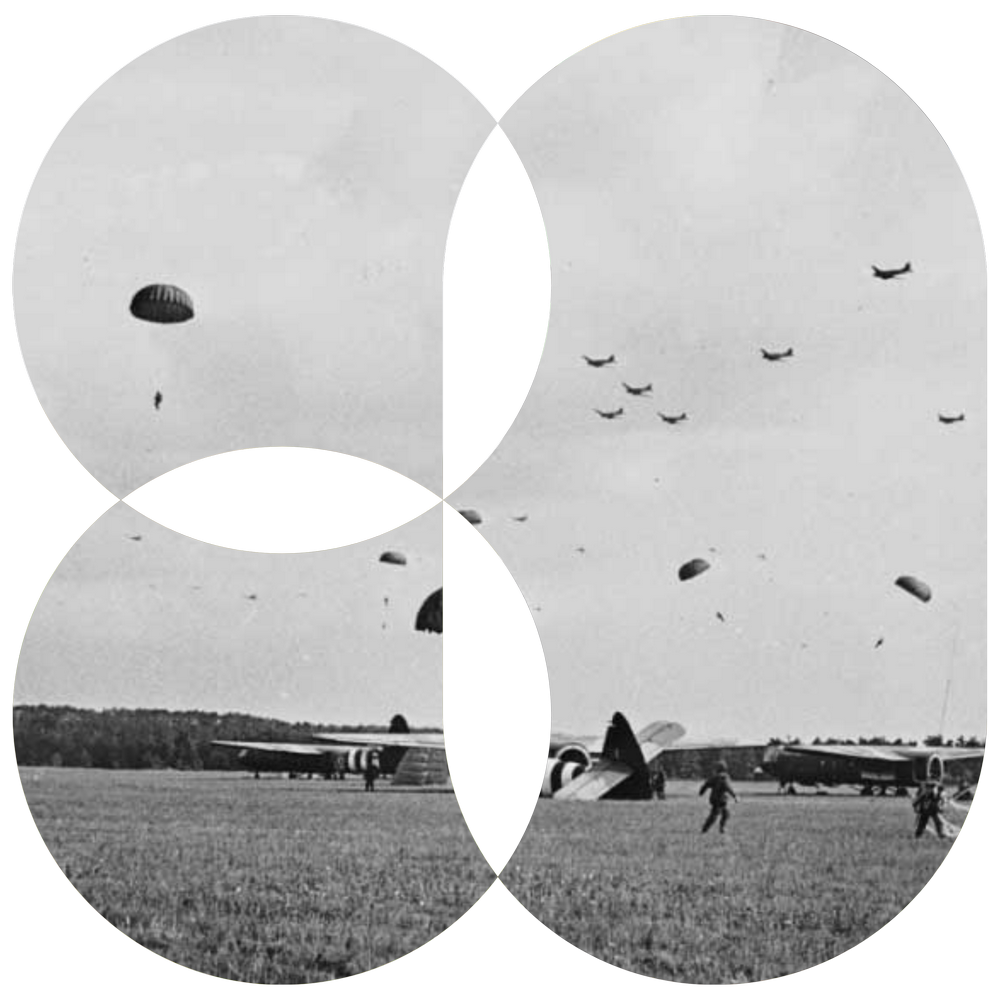Market Garden Route
Share
stories about
war and freedom
The Freedom Path follows the Market Garden Liberation Route; the Airbornepad of the Olat . There, memorial sites and stories from all over Europe are connected in cycling and walking routes.
Twenty-two stages passed memorial sites and celebrations of 80 years of freedom.
Operation Market Garden
We commemorate the victims, reflect on the value of our freedom today and celebrate that we have been able to share 80 years of freedom in the Netherlands and Belgium.
80 years of freedom
Operation
Market Garden
At the beginning of September 1944, the Allied liberation of Belgium proceeded very quickly. On September 12, 1944, the first Allied soldiers entered the Netherlands via the Limburg border village of Mesch and the liberation of Maastricht followed on September 14. After a few days the liberation came to a standstill between the Kempen canals in Belgian Limburg and also halfway between Dutch Limburg. The aim of Operation Market Garden was to bypass the German defense lines along the Rhine. In this way, the Allied commanders hoped to achieve a rapid advance into the heart of Nazi Germany and end the war before Christmas. It was one of the largest Allied operations of the Second World War.
Route
The Freedom Path event runs through the provinces of Limburg (Netherlands and Belgium), North Brabant and Gelderland.
The route follows the Market Garden Liberation Route; the Airbornepad of the Olat walking association.
Twenty-two stages pass memorial sites and celebrations of 80 years of freedom.


Freedom Path
A daring mission failed
The operation took place from September 17 in the Belgian province of Limburg and the Dutch provinces of North Brabant, Limburg and Gelderland.
Operation Market was the name of the airborne operation carried out by British, American and Polish airborne troops. Their goal was to gain control of the bridges over the Maas, Waal and Rhine.
Garden included the advance of the ground troops from Belgian Limburg through North Brabant, during which the British 30th Army Corps had to relieve the airborne troops at the captured bridges as quickly as possible.
The operation was unsuccessful. The advance route of the ground troops was cut off several times by the German army and became known as Hell's Highway. The Allies ultimately failed to hold the last bridge at Arnhem; it became the proverbial 'bridge too far'.
A period followed of hunger, suffering, death and unrest where the war was further fought on Gelderland, Brabant and Limburg soil. The Netherlands was not liberated until May 1945. Thousands of soldiers from the Allies and the occupying forces are buried in the war cemeteries in the provinces.
The loss of this operation still has a lot of repercussions internationally today and friendly ties have been forged between them?







